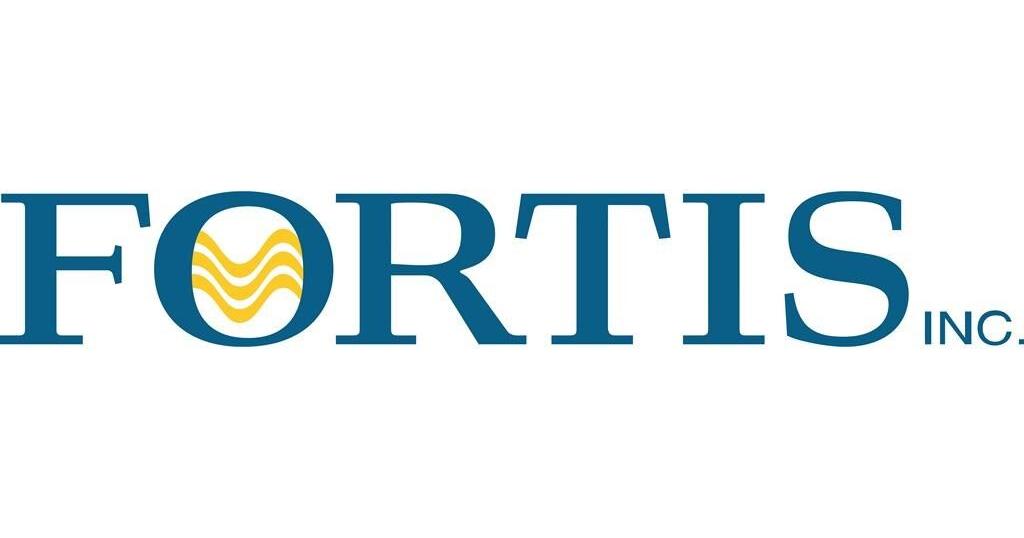There are few things a business owner wants to hear less than the CRA telling them that they’ve been selected for a tax audit.
Even if you’ve done nothing wrong and have the records to back you up, the process is time-consuming, and you are at the mercy of their auditors – who have been known to make costly mistakes and treat business owners like criminals.
If you’ve received notice of a tax audit, it’s not worth the risk of preparing and going into a tax audit without a tax lawyer. Visit Taxpage.com and make sure you have someone with you who can fight back and protect you from paying an unfair reassessment.
To give you a heads-up on what to expect, the following is an overview of the CRA tax audit process.
Receiving Notice of an Audit
If you are unfortunate enough to be chosen for a tax audit, you will receive notice from the CRA. They will advise you regarding which years you are being audited for, the date, time, and location of the tax audit, and any documentation or business records you are required to provide, such as:
- Previous returns
- Personal records
- Business records
- Financial records of family members
- Ledgers and journals
- Bank statements
- Sales invoices and expense receipts
- Car logs and any other relevant evidence you provide to support your tax filings
If you’re missing any documentation, try to find replacements as soon as possible. Delays could prolong the tax audit and/or result in you losing out on tax credits.
CRA tax audits can take place in one of their offices or at your workplace.
How to Respond To Being Notified of an Audit
If you are put on notice of an upcoming tax audit, you should cooperate with the CRA by providing exactly, but only, what they ask for. If you’re wondering whether your company requires an audit, this guide to company audits can provide you with valuable insights into the CRA business audit process in a nutshell and how they can benefit your business.
During the Audit
During the tax audit, the CRA auditor will examine all the returns and relevant documents for the tax years specified in the notice. If they have questions regarding the documents or records you provided, they will ask you about them during the audit.
Your answers could result in further scrutiny, requests for more documents, and more investigations. You also have the right to ask questions or raise any concerns during the tax audit process, but without knowing the law, how will you know which questions to ask and what information will help your case and hurt theirs?
This is why it’s crucial to have representation during a tax audit. Going to a tax audit by yourself is like trying to represent yourself in criminal court.
Length of an Audit
How long a tax audit takes depends on how many years are being covered by the tax audit, how organized (or disorganized) your records are and whether or not any consultation with other CRA tax specialists is required.
When the Audit is Over
At the conclusion of the tax audit, you will receive a reporting letter notifying you that either:
- No adjustments need to be made.
- A reassessment will result in you receiving a refund.
- A reassessment requires you to pay more in taxes.
If the auditor believes that you owe more in tax, they will provide you with an estimate of the total so that you can pay it back before the interest begins to accrue.
If you do not agree with the reassessment, you and/or your representative have the right to appeal it.
Related


































